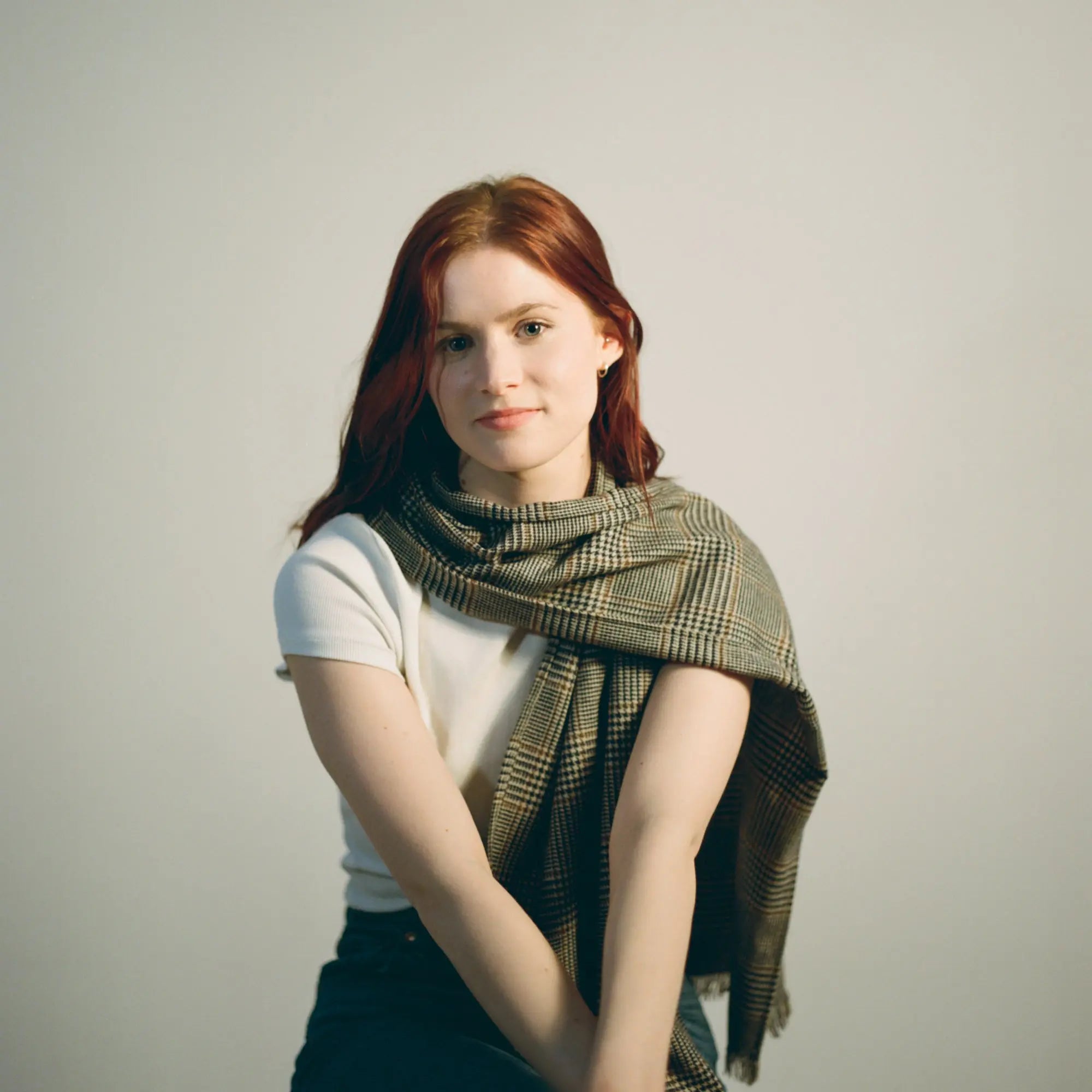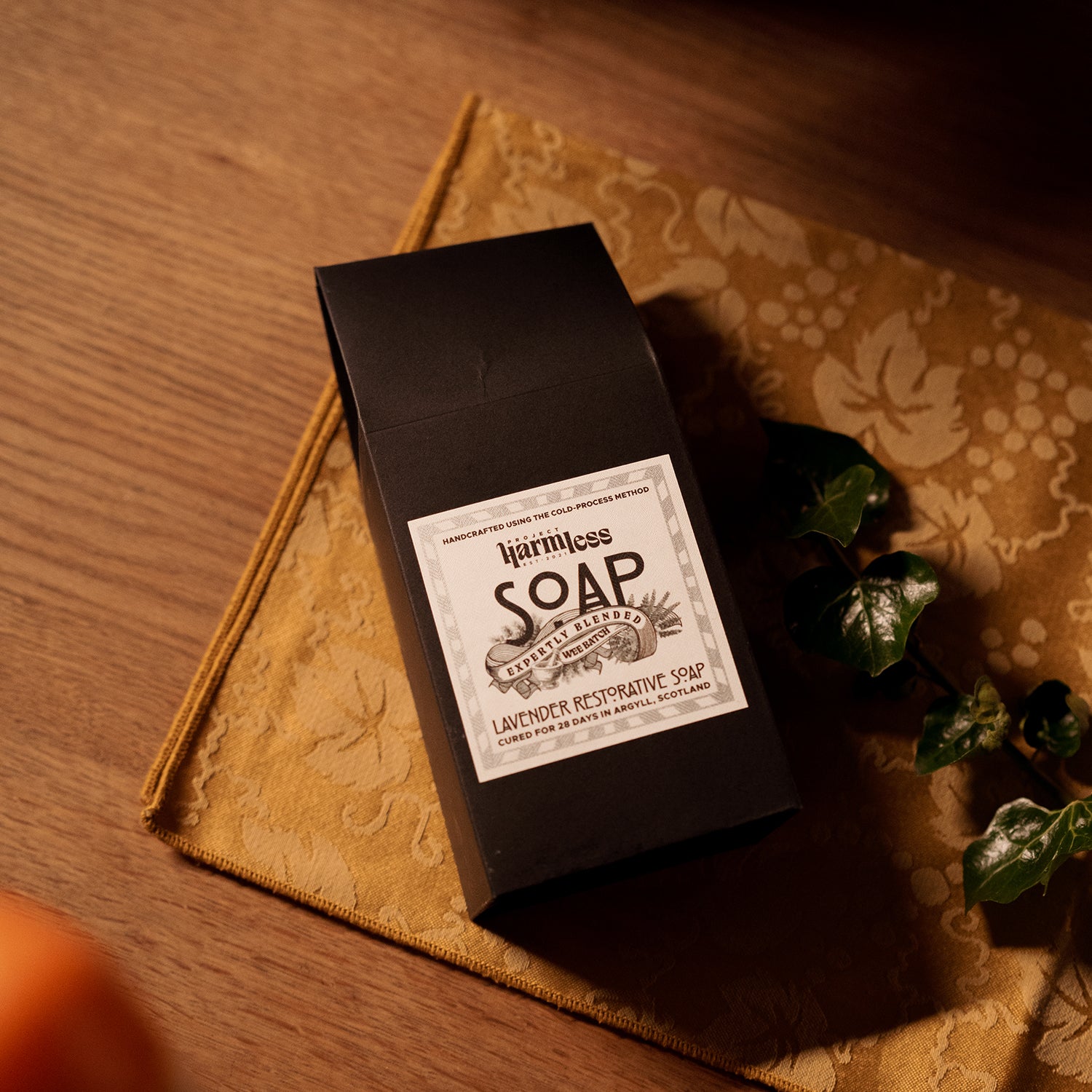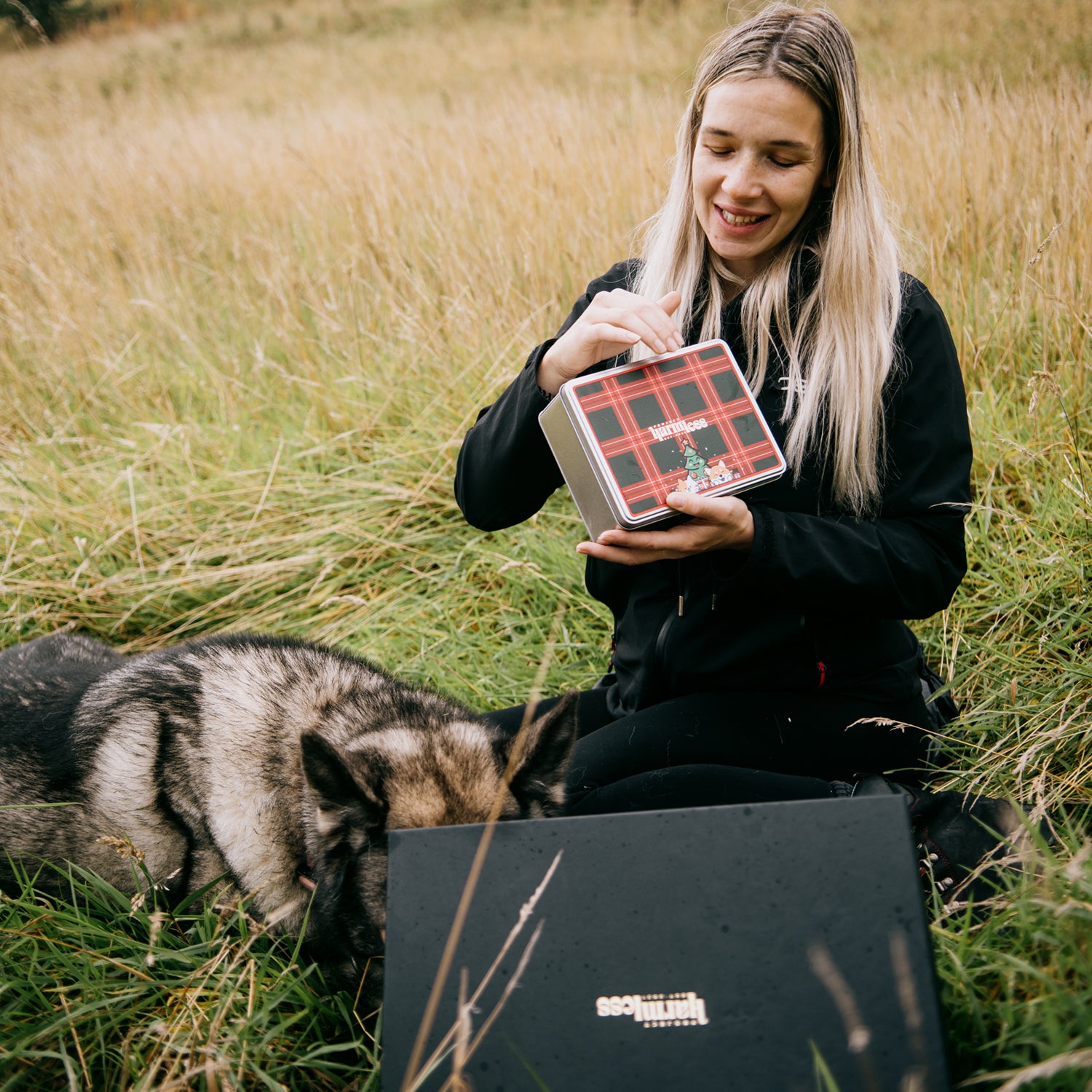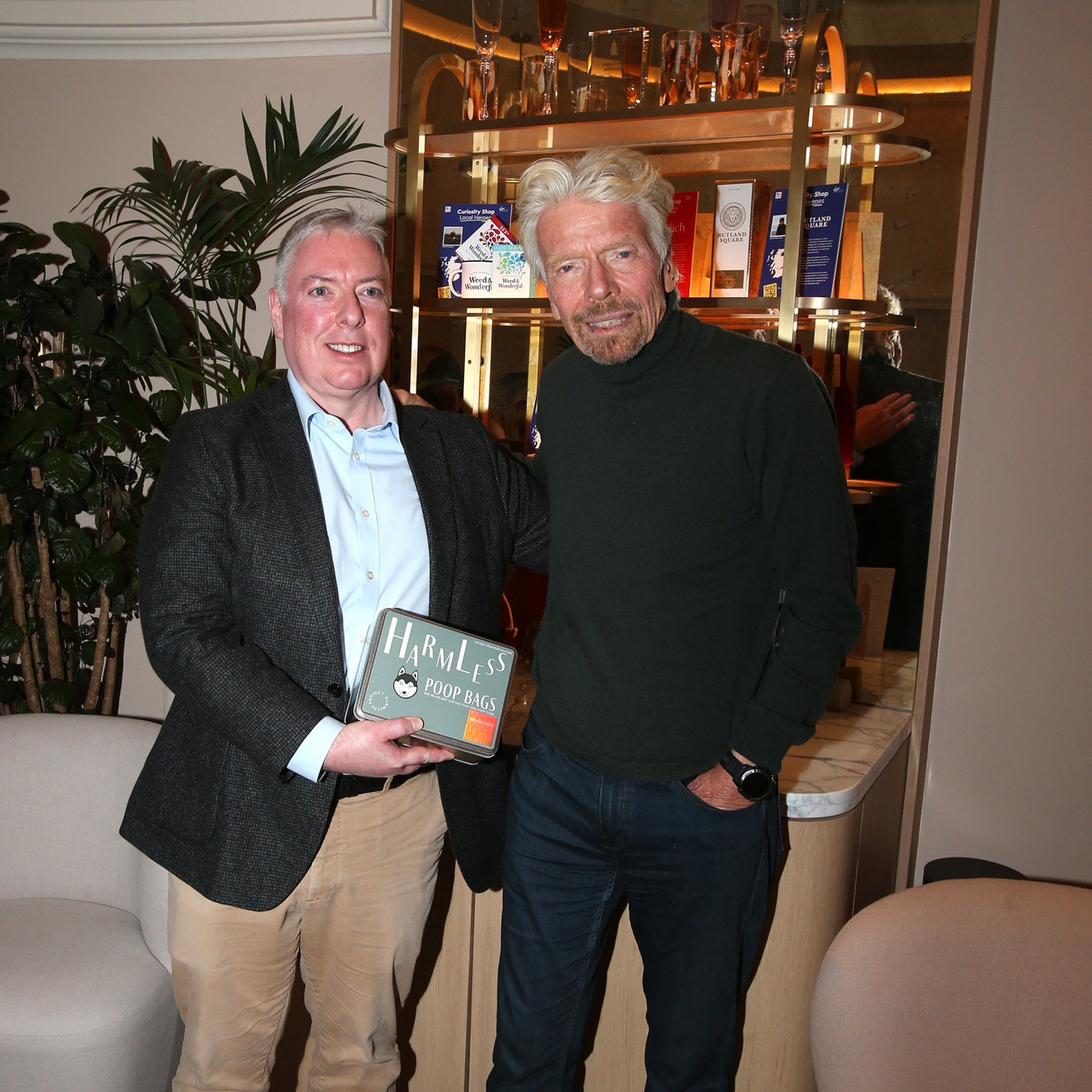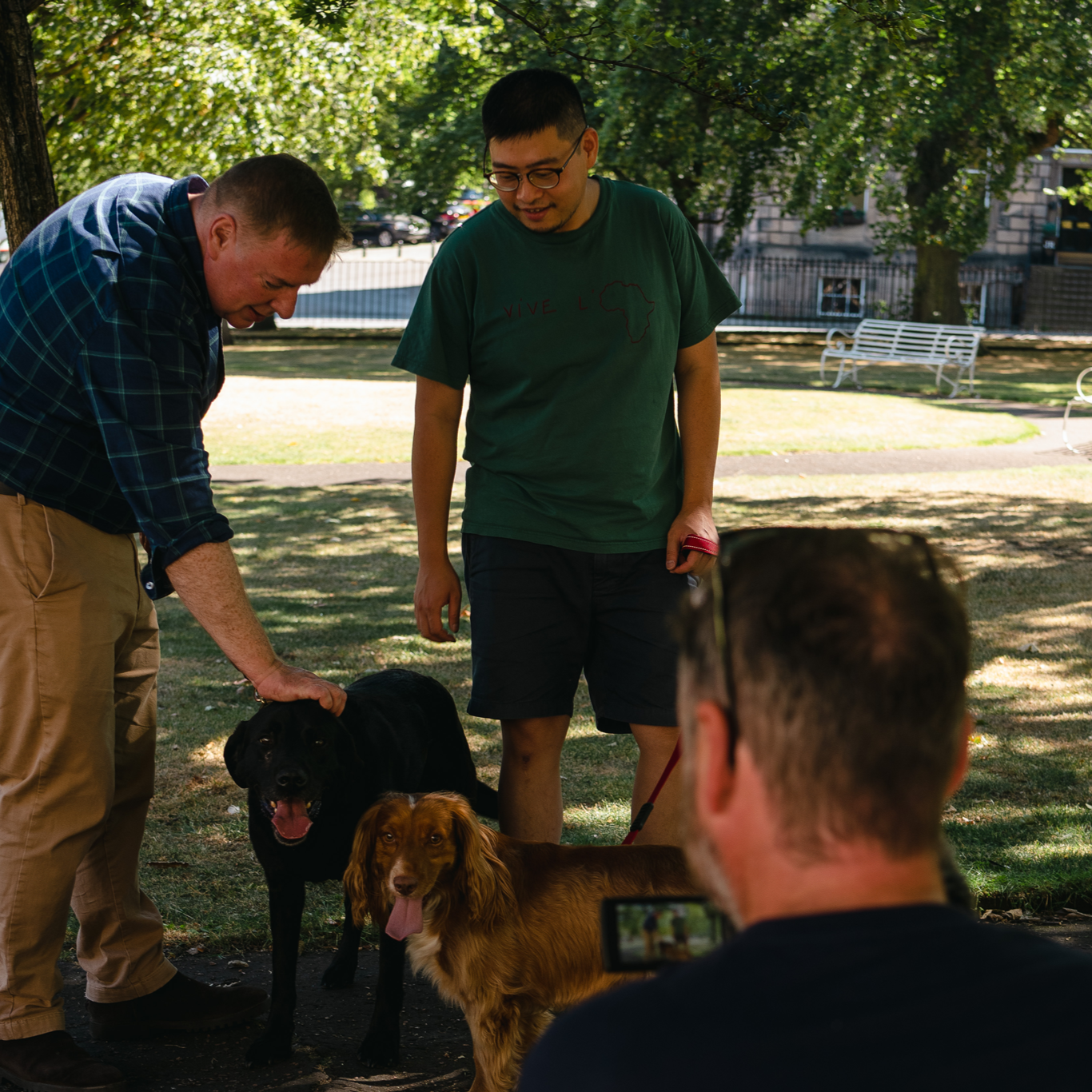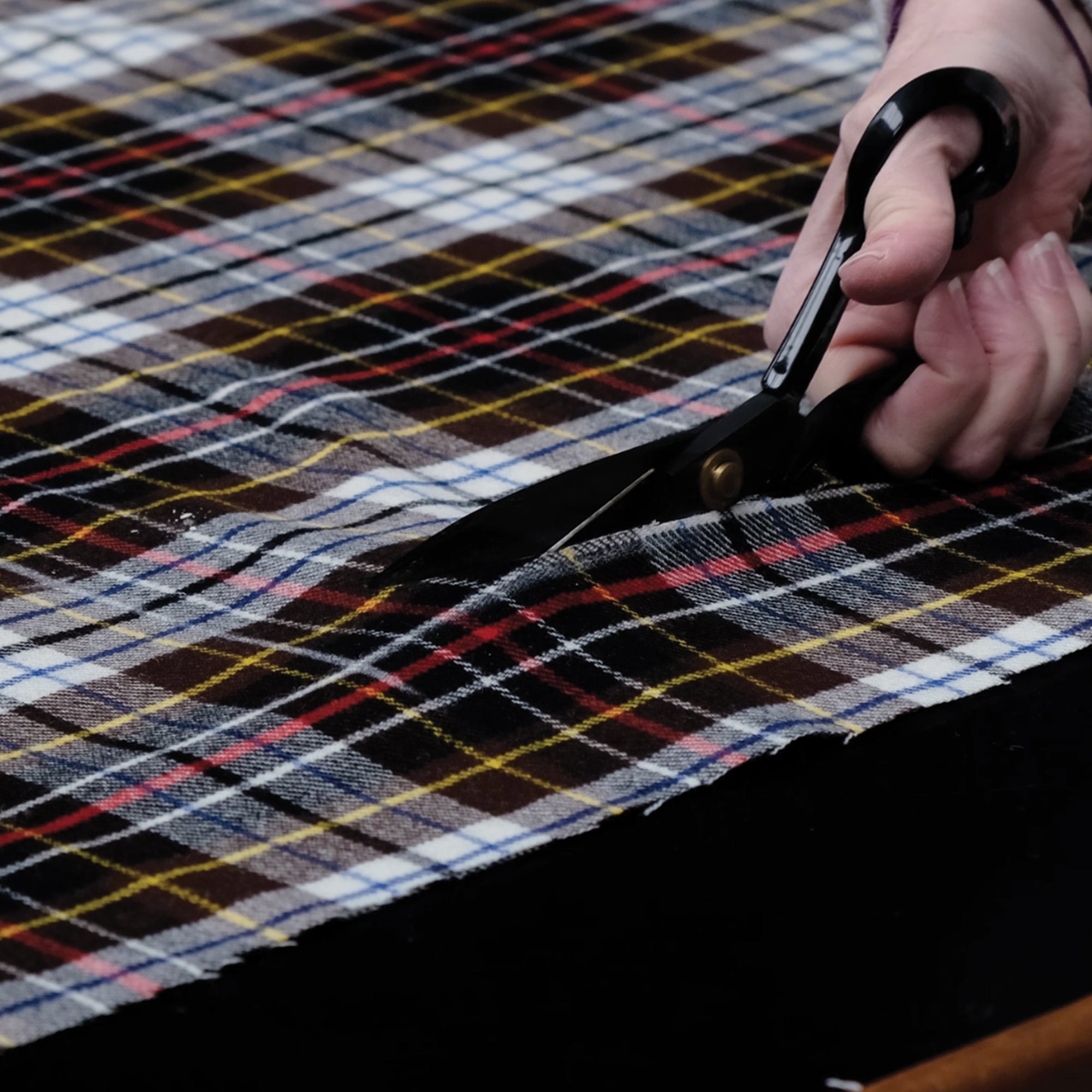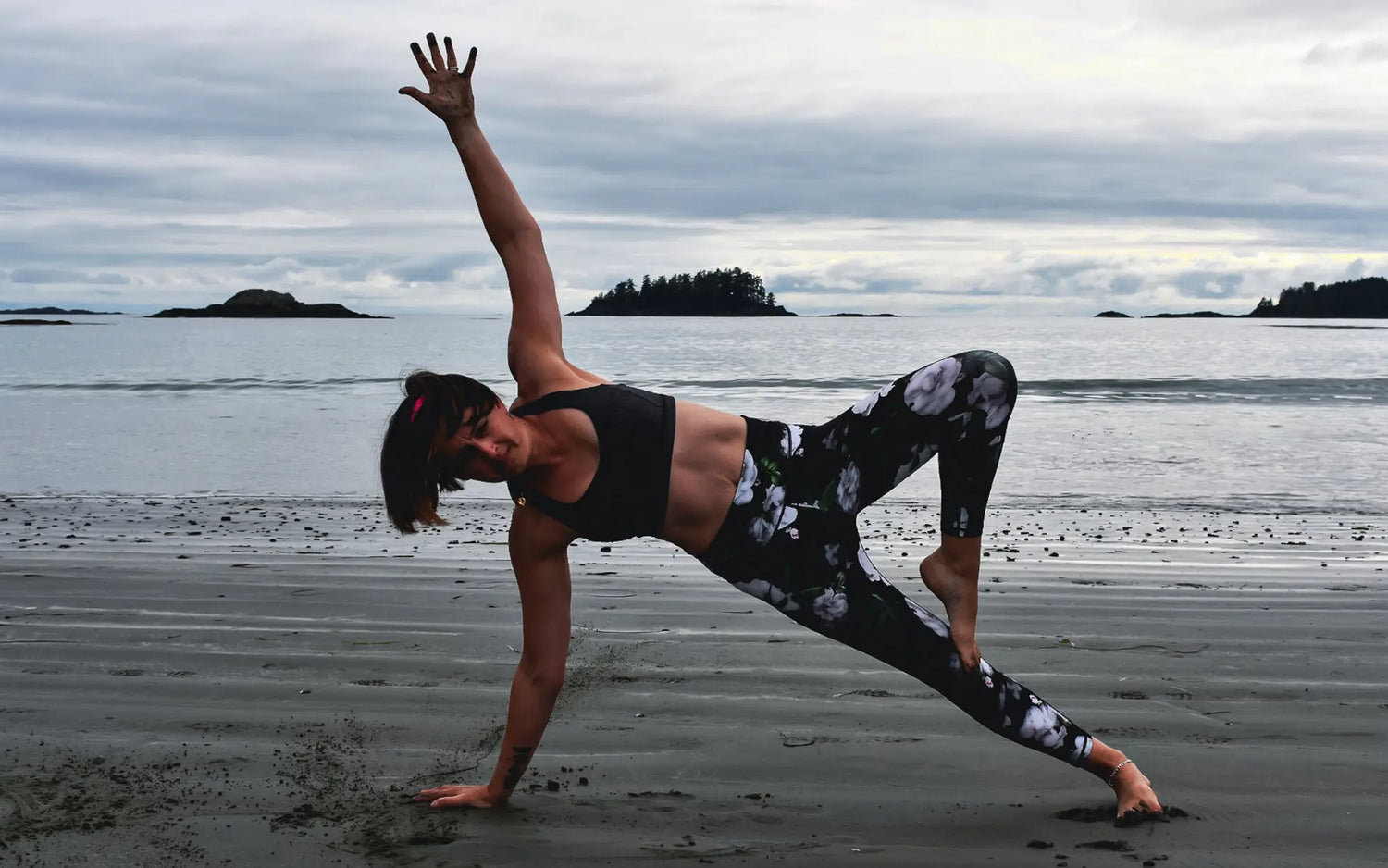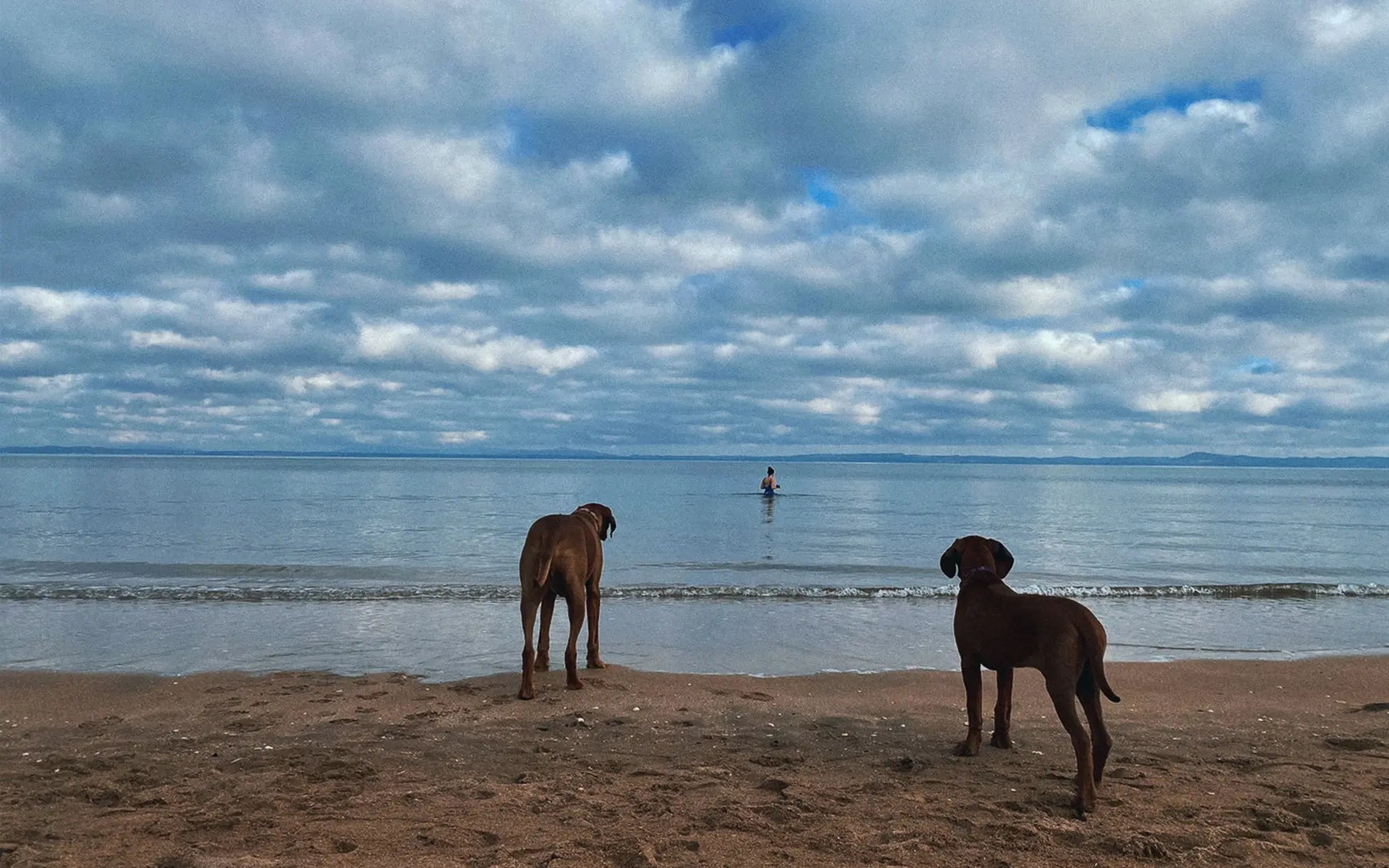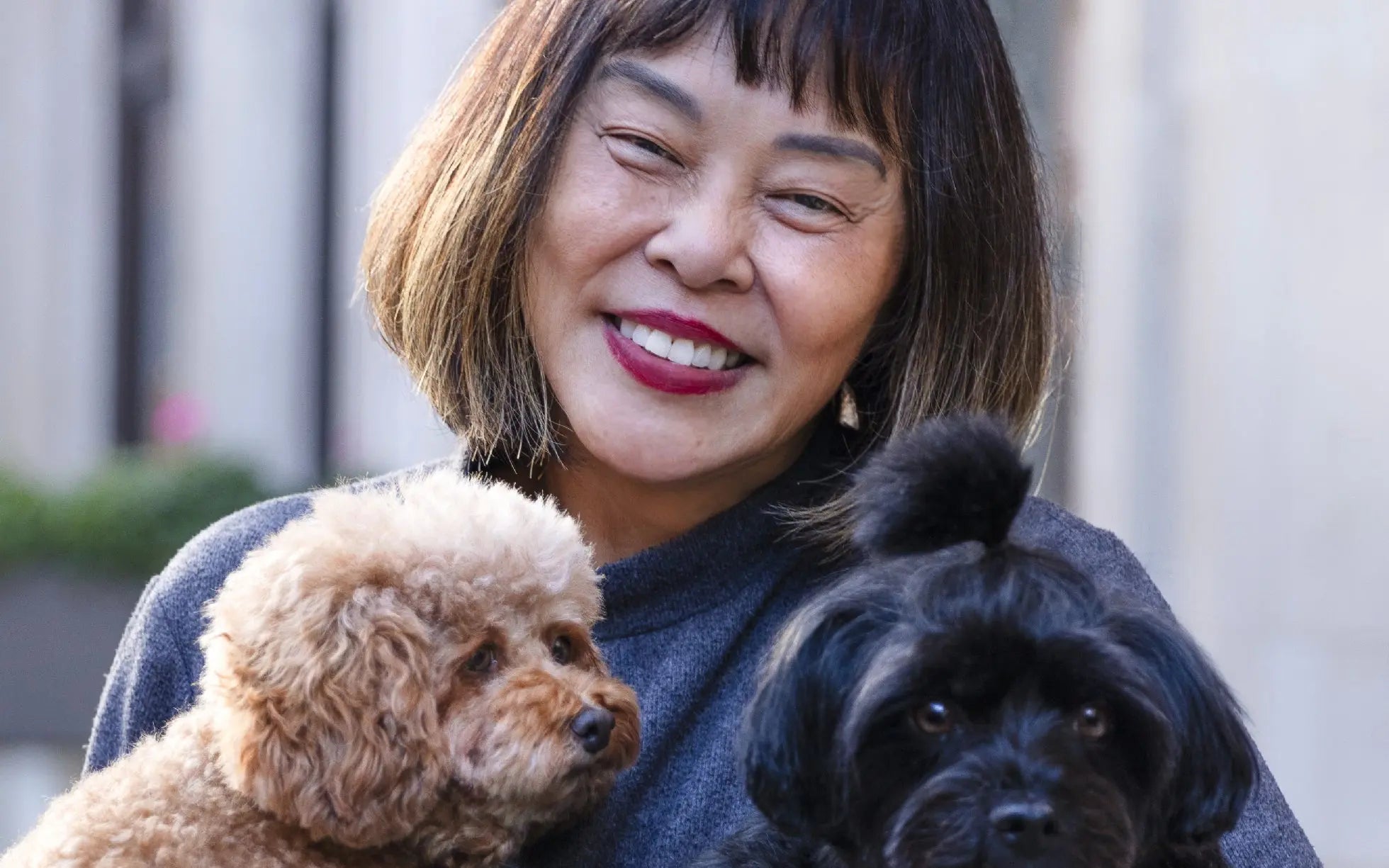Starting the conversation on menopause.
While it is not easy to raise awareness on menopause, it only takes a small step to start the conversation and support those who are going through menopause.
Team Project Harmless met up with community member and biomedical scientist Angela Edwards, who is also a menopause yoga teacher, on a beautiful and cold winter day to talk about everything from perimenopause to postmenopause.
Q: Why should we all be talking about menopause?
A: It's long since been a taboo in our society. Although conversations around menopause are becoming more common, there is still a lot of shame and misunderstanding relating to this life stage.
Q: At what age menopause usually begin and how long does it usually last?
A: Menopause by definition is a year without a menstrual cycle. The average age for this to occur is 51. Many symptoms may begin well before this time, a stage known as perimenopause.
Q: How would you describe symptoms like hot flush to those who have no idea what it's like?
A: It's like a fire that starts in the belly and spreads upwards for a few moments to several minutes. But everyone's experience is different.
Q: How do you manage symptoms like hot flush?
A: In menopause yoga, I teach cooling breath practices which can really help! Often time, resistance and panicking about having a flush can make it worse. It’s all about accepting what's going on and allowing it to pass.
Q: What other symptoms can be experienced?
A: There are a vast amount of symptoms that people may experience, from joint pains to formication - a sensation of insects crawling under the skin.
Q: What would you recommend to those experiencing menopause?
A: There are many resources online, but it's always good to be open minded about various modalities that claim to be helpful. It's about finding what works for the individual. Movement of any kind truly is medicine, whether it be yoga, walking, gym, or running.
Q: How should people around those experiencing menopause act to support them and talk about it?
A: The capacity to listen, without judgement, is really helpful. We most certainly all need to converse about it. As I mentioned, the shame of this life stage is so upsetting and I have observed it on many occasions. I have been asked, when running a workshop, not to call it menopause yoga as it stigmatises it, but we need to change these misconceptions and lose the shame. It is a process that those born female will go through, that’s half of the population. It may not always be a simple journey, It's also a biological process with massive psycho-spiritual changes too!
Q: Why are you so passionate about sharing your menopause experience?
A: It's a conversation that gets easier the more times it's shared. Sharing also helps people feel that they are not alone, and therefore feel supported throughout their experience. Menopause yoga has helped me immensely and I want to share this with others too - another item in the toolbox to help with symptoms.
Q: Does yoga really help?
A: Many modalities from yoga to Western medicine may be useful. While menopause is a biological change, everyone experience it differently. Some people may want to try a more holistic approach using nutrition, acupuncture, herbal remedies, and aromatherapy. While some people may find a combination of Western medicine and a more holistic combination may be more agreeable.
Q: How is doing yoga on the beach different from doing yoga in a studio?
A: It’s all about the connection with nature and the ability to encourage presence. Plus, when you try balancing on one leg in the sand - it can be a challenge!
Q: What would people expect in a “menopause yoga” class?
A: We usually start with sharing our experience. The act of sharing personal stories in a held space can be very healing, and on a biological level, oxytocin levels boost each person, which leads to a feeling of wellbeing. We, then, go on to practice yoga, breathwork, and meditation which is themed around a particular set of symptoms.
Q: Do you think menopause will still be a taboo in 10 years time?
A: No, I think it's heading in the right direction with so many people working tirelessly to change the dialogue. Rather than be an ending, it's a beginning - a second spring with opportunity for growth and experiences.


